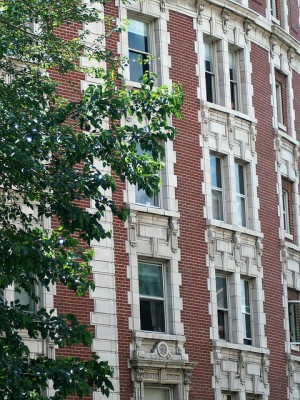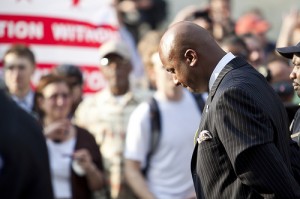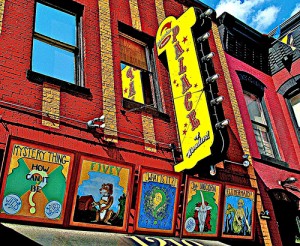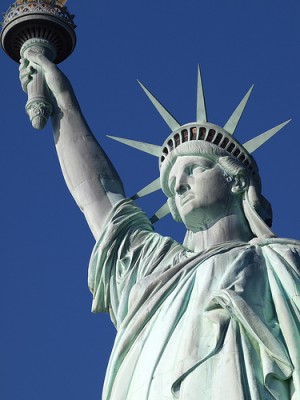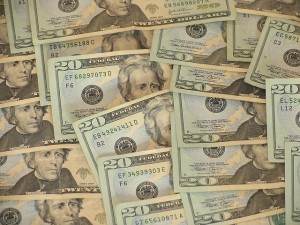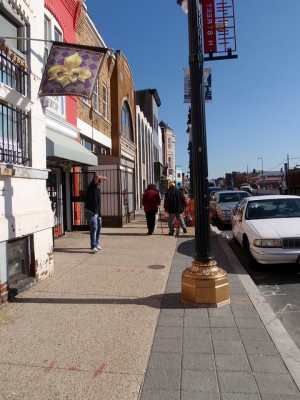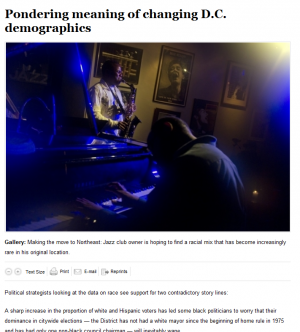Rents in D.C. are quite high, and they’re going to continue to rise: the District ranks as third among U.S. cities where rent is rising the most rapidly, according to a new U.S. News & World Report list.
Real estate research firm Reis, Inc. estimates American rents will increase by 3.6 percent in 2011 now that the economy is making a slow recovery. They also estimate that the annual rent increase in the District will be 5.4 percent citywide, but could be as high as 10 percent in some “hot areas” of the city.
This is how U.S. News & World Report describes D.C:
Average rent: $1,521; annual increase: 5.4 percent; unemployment rate: 5.8 percent.
There’s been no recession to speak of in the nation’s capital, where the federal government is a huge industry of its own. In addition to federal workers, D.C. is filled with contractors, lobbyists, and trade groups that feed off the government sector. That has kept demand for all kinds of housing strong.
That is a little misleading. To say there is “no recession to speak of” ignores the high unemployment rates in some parts of the city. Ward 7, for instance, has an estimated 20 percent unemployment rate.
And can rents really increase by 10 percent? Yes, they can. Many D.C. rentals are subject to some form or another of rent control, but when a unit is vacant, a landlord can increase rent by up to 10 percent higher than the previous tenant’s rate. All of that isn’t welcome news for renters, who represent 55 percent of the city’s population, and in particular the 68 percent of renters who already can’t afford rents.
Here is a list of the top 10 areas where rent is increasing the most rapidly:



